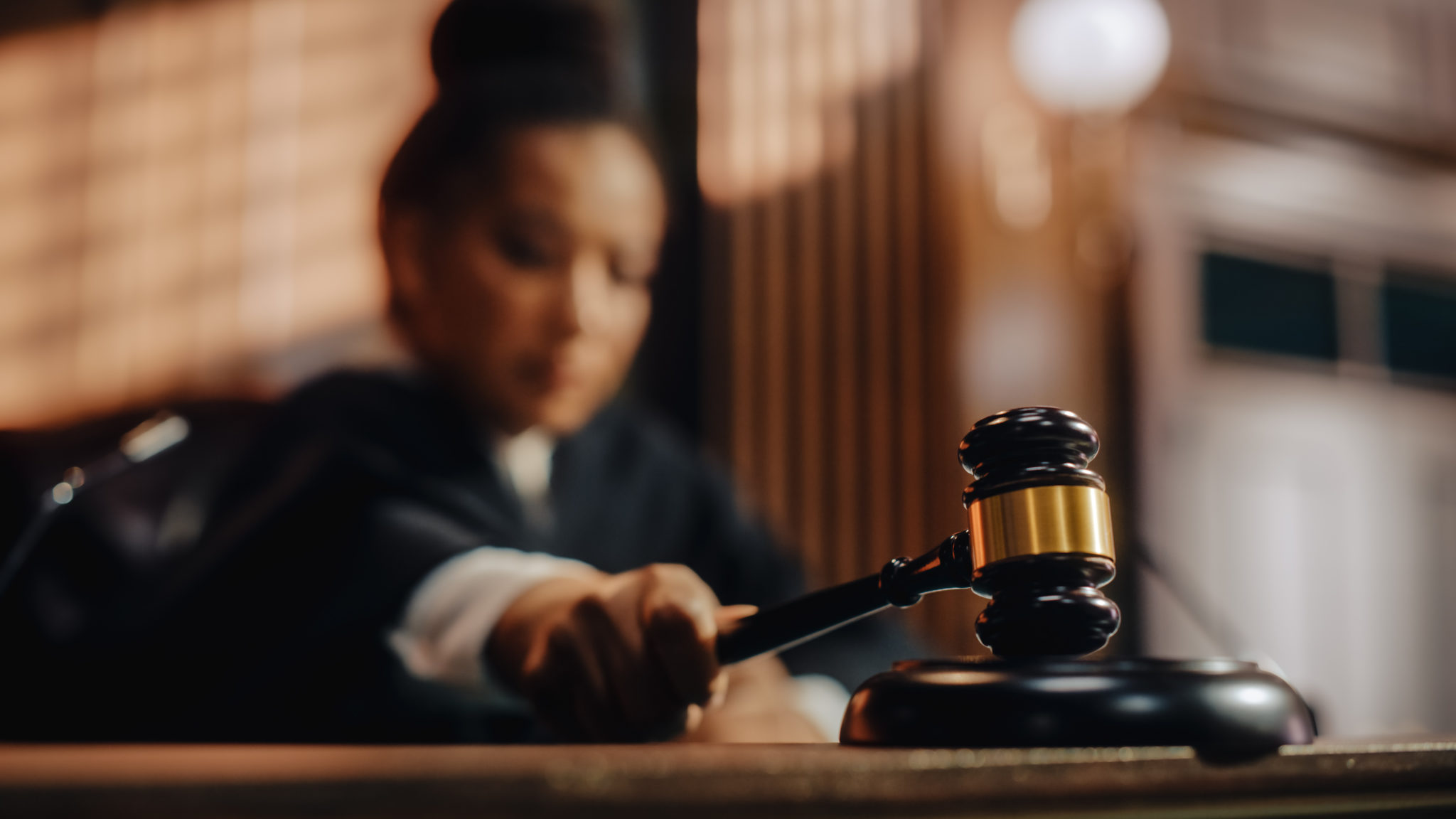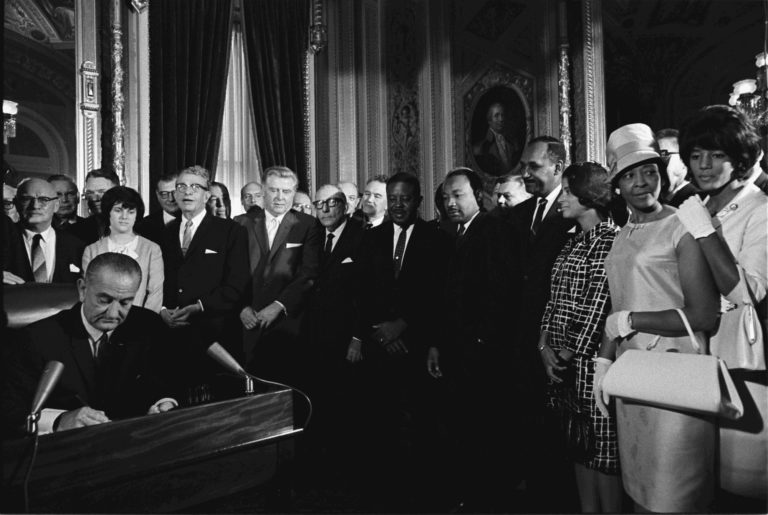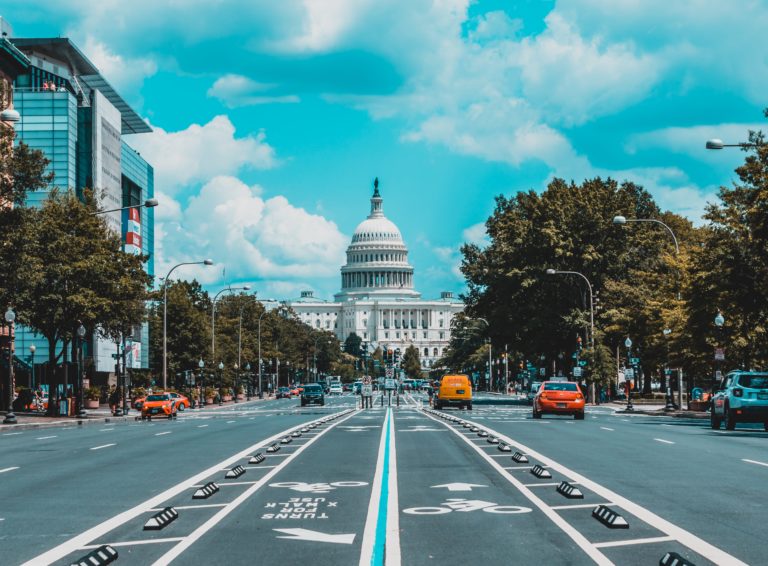August 6, 1965: President Lyndon B. Johnson signs the Voting Rights Act of 1965 We…
The Long Road Leading to Ketanji Brown Jackson

Last Friday, President Joe Biden made good on a promise from the Democratic Presidential Primary that he would nominate a Black woman to the highest court in the land. To replace Justice Stephen Breyer, he chose Judge Ketanji Brown Jackson for the Supreme Court.
Since the Supreme Court was established in 1789, 114 justices have served on the bench. Of those, 108 have been white men. When it comes to Black people, there have only been two men nominated to the bench. So to say the appointment of a Black woman is overdue is an understatement. There are many who care deeply about policy and politics and would rightfully say there’s more to making change than just representation. But in a democracy, it is also important that those elected and appointed to serve in a government that is supposed to be for the people actually reflect the people who make up the population.
Valuable perspectives and lived experiences are lost when only a specific population is represented in Congress, state governments, the White House, and on the Supreme Court, as we have seen in the United States since the country’s founding. We can only speculate about decisions that might’ve been made differently throughout American history if women and women of color had been represented in these branches of government, particularly on the Court. Especially when we see the tremendous contributions Black women have made to the law to even make it possible for women and people of color to have access to equal opportunity. For example, Pauli Murray’s legal analysis on race and gender was the foundation for not only Thurgood Marshall’s work on desegregation around Brown v. Board of Education but also for Ruth Bader Ginsburg’s work challenging discrimination on the basis of sex. There is also Constance Baker Motley who was the first Black woman appointed to the federal judiciary after a storied legal career that included becoming the first Black woman to argue a case before the Supreme Court. That case: Meredith v. Fair, where a young James Meredith was challenging segregation laws that kept him from attending the University of Mississippi because he was Black.
No doubt, as Judge Brown Jackson has said in her own remarks, her lived experience as a Black woman will play a role in her work and likely already has, as someone who has served as a public defender. Being a public defender means representing those who otherwise cannot reasonably afford to hire a lawyer to defend themselves in a trial. These are the most marginalized of populations and oftentimes defendants come from communities of color. Judge Brown Jackson has that experience to bring to the Supreme Court, where no public defender has served previously.
According the American Bar Association, just a third of lawyers are women, and less than 5% of them are Black. Only 3% of sitting judges are Black women. Undoubtedly Judge Brown Jackson will not only bring critical experience to the Court, she will also inspire a new generation of Black women lawyers as to what is possible for them.






